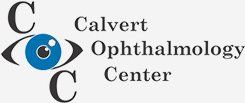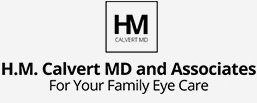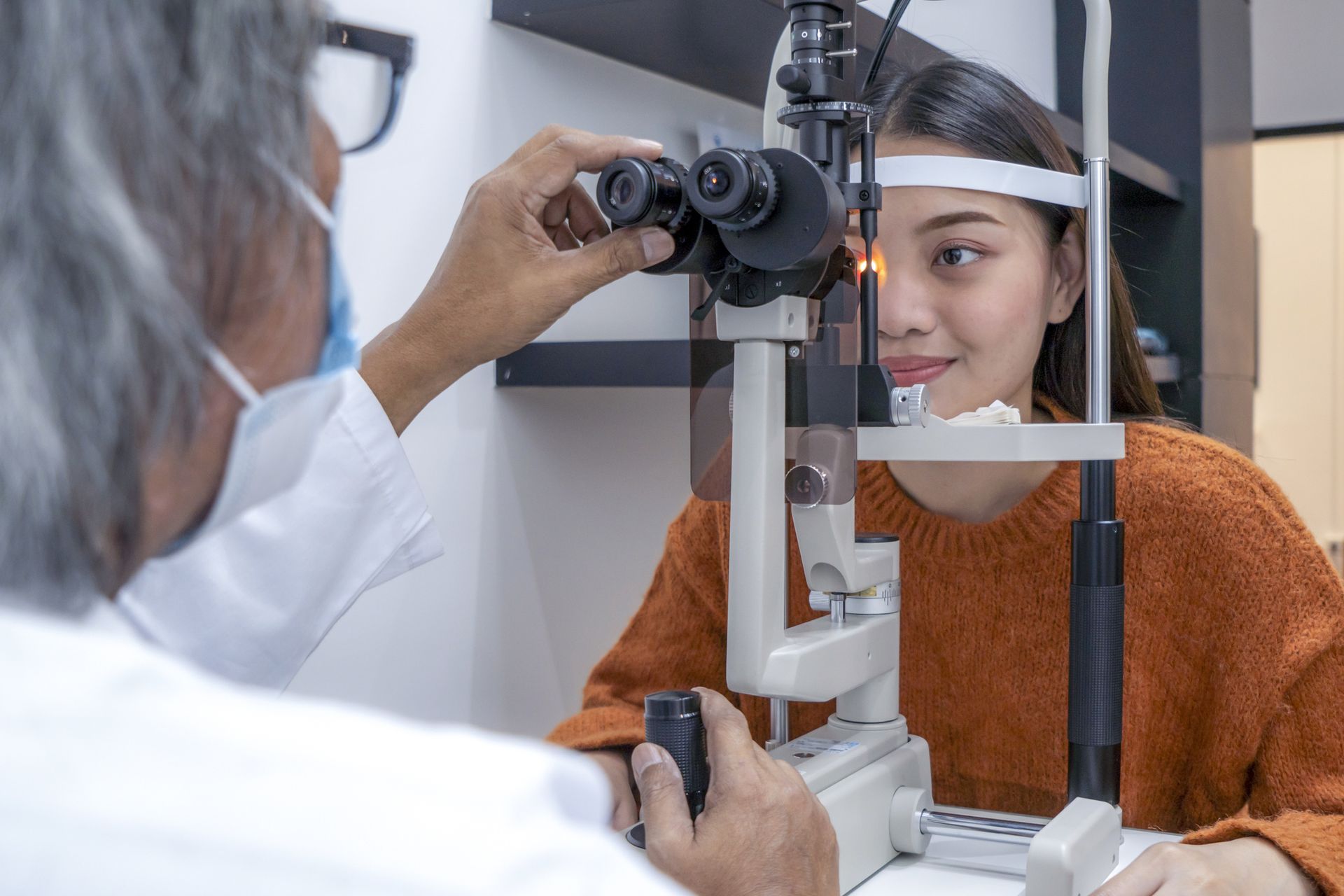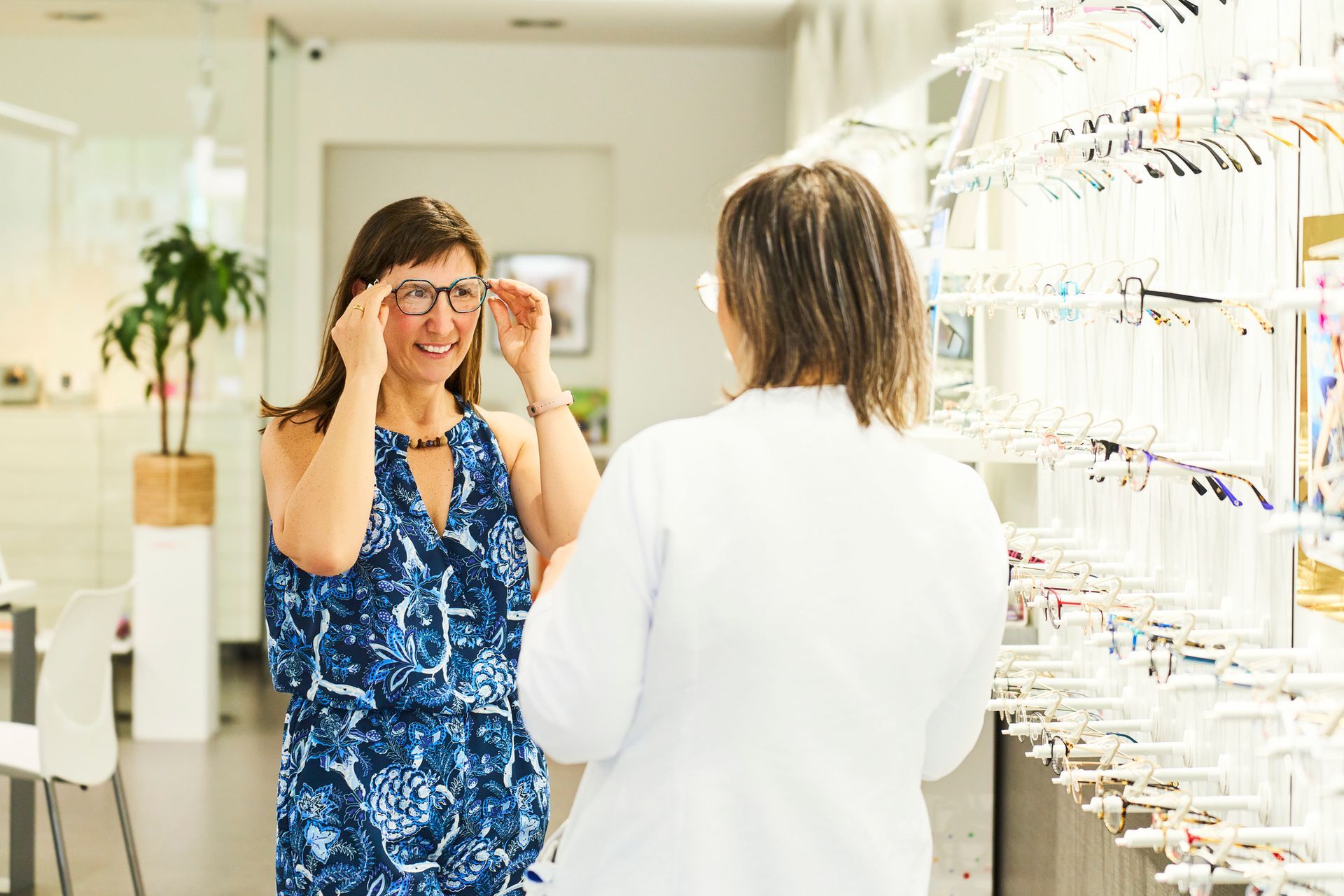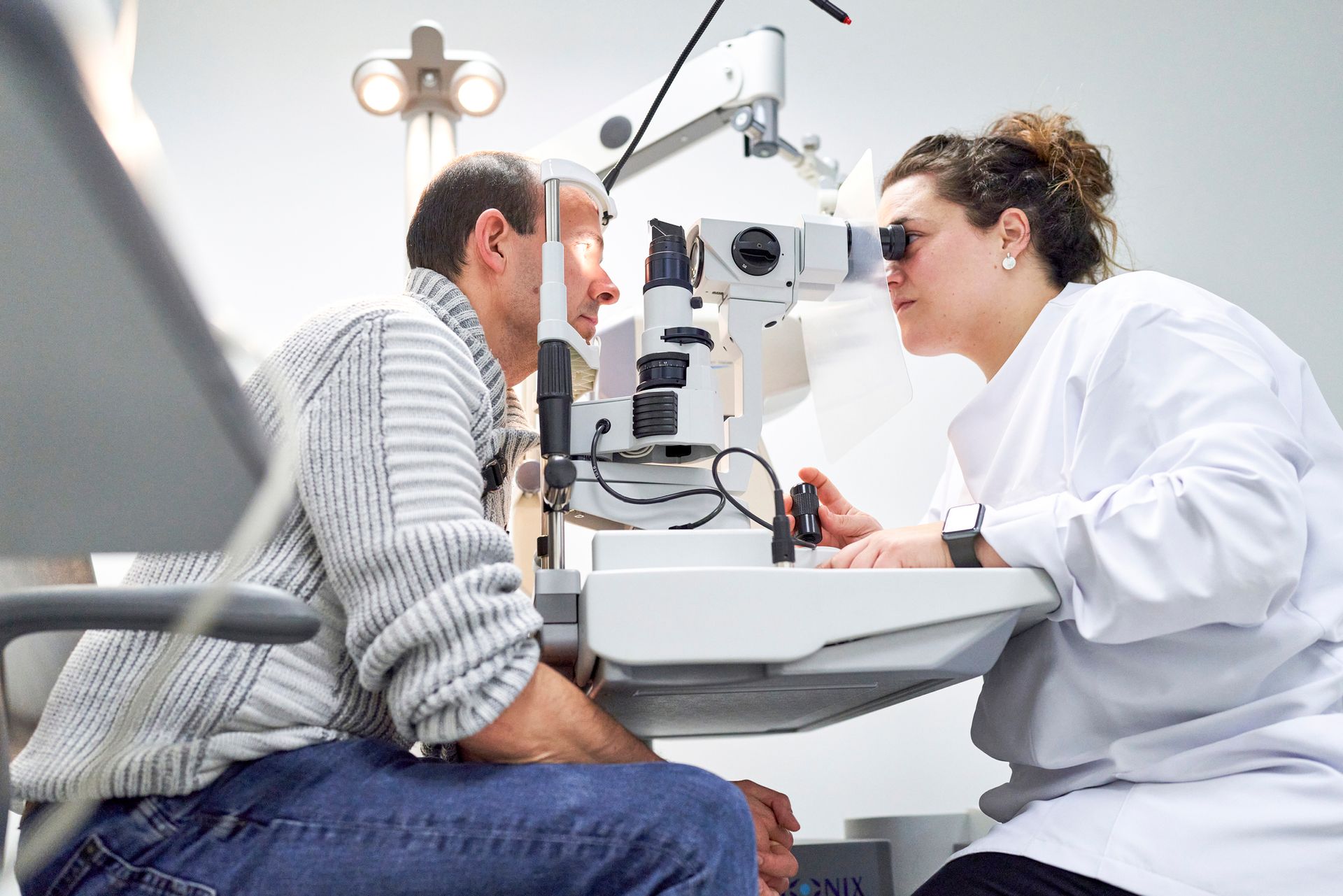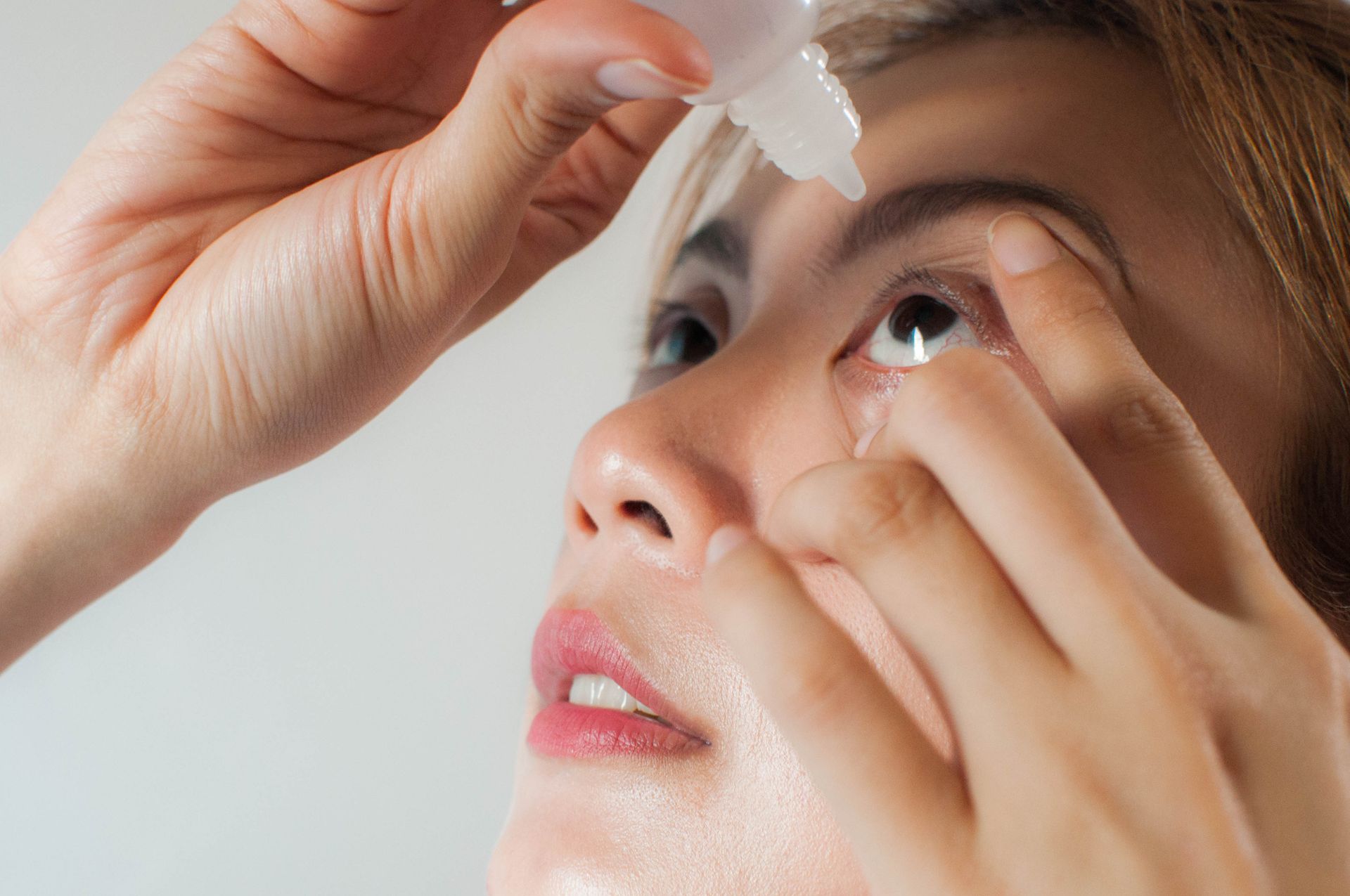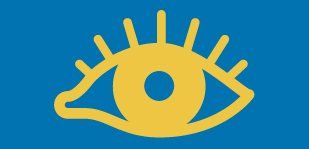Cataracts: What You Need to Know
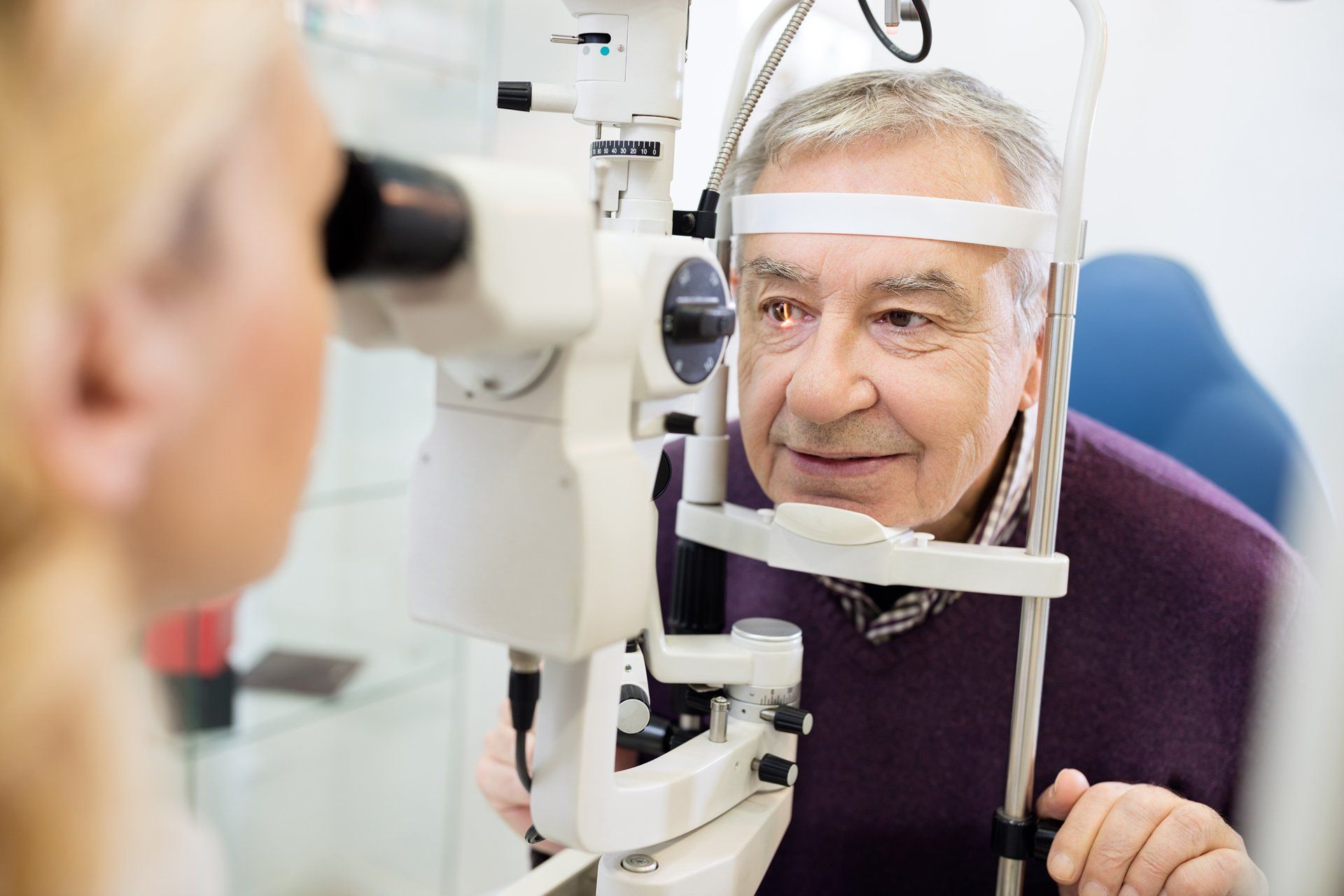
Cataracts seem to be an inevitable part of life for many. In their early stages, cataracts show very subtle signs that increase gradually. You may not notice that you have a vision problem until they are well established. However, cataracts do show early signs of development.
Discover more information about cataracts in general as well as their earliest signs so you can talk to your ophthalmologist as soon as possible.
What Are Cataracts?
Cataracts is a word that refers to a thickening of the eye's lens. Most people have some sort of lens thickening as they age. If the lens thickens in a certain way, then you will have a cataract. You can also develop cataracts if you have an eye injury or had glaucoma surgery. Cataracts form in three different ways.
Nuclear
Nuclear cataracts are your typical cataract where the lens clouds up in the center and spreads out over time. These are the type of cataracts that become visible when they are thick enough.
Cortical
Cortical cataracts affect the lens cortex, or outer part of the lens. These cataracts streak inward towards the center of the lens. They have sometimes been described as wheels.
Posterior Subcapsular
Posterior subcapsular cataracts affect the back of the lens under the lens capsule, which holds the lens in place. This type of cataract forms very quickly and becomes noticeable within a short time compared to other types of cataracts.
What Are the Earliest Signs of Cataracts?
Cataracts present themselves in several subtle ways in the beginning before you realize that you have a problem. Common early signs of cataracts include:
- Cloudy vision that looks similar to a dirty camera lens
- Noticeable yellow haze when you look at white surfaces
- Halos around lights
- Double vision not explained by other eye problems
- Frequent prescription changes
If you are at a common age range for cataracts, then your eye doctor will likely check for cataracts as part of your routine eye exam.
What Is Premature or Early-Onset
Cataracts?
Premature cataracts are when someone gets cataracts well before the usual age of onset. Generally, if you get cataracts before the age of 40, then they are considered early-onset cataracts.
If you have certain chronic medical conditions, like diabetes or hypertension, then you can get them at a younger age. Tell your eye doctor is you have these conditions so that they can check for cataracts sooner.
What Eye Protections Help Slow Down
Cataract Development?
You may be able to slow down cataract development with proper eye protection and care. For example, you should make sure to shade your eyes in the sun. You can use a wide-brim hat or sunglasses with complete ultraviolet protection. Make sure you keep your diet healthy with good, healthy food. Also, be sure to get a complete exam at a regular basis to adjust your prescription.
What Is the Best Time for Cataract
Surgery?
Even if you have cataracts, you may be able to wait before you treat them. The usual treatment is to remove and replace the lens. However, if you have a mild case, then you may benefit from regular adjustments to your prescription. Anti-reflective eyeglass coatings can compensate for some of the problems with lens thickening. They also help improve your night vision and contrast detection.
Everyone's experience with cataracts is different. So you shouldn't compare your cataract development with others. The best thing to do is keep in touch with your eye doctor regularly to keep your glasses up to date. Calvert Ophthalmology Center can check your eyes for cataracts and provide measures to correct the problem. Contact one of our three locations for an appointment to have your eyes examined.
